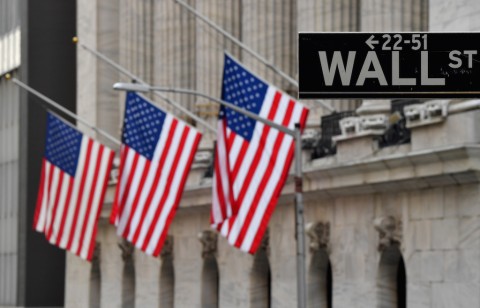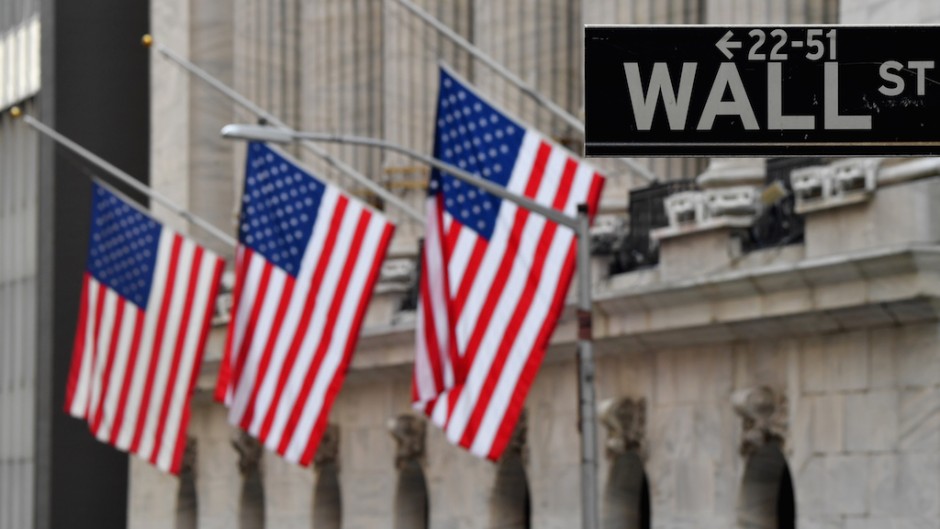
HONG KONG - Equities were mixed on Monday following a selloff on Wall Street as last week's rally ran out of steam on worries about rising interest rates and surging inflation.
The pound rose, however, after British Prime Minister Liz Truss on Friday replaced her finance minister and speculation swirled that she would row back on more of the debt-fuelled, tax-cutting budget that sent shivers through finance markets.
The healthy gains Asian markets enjoyed last week were tempered Monday as expectations about elevated prices and central bank moves to rein them in continued to fan recession fears.
The latest strong US inflation reading ramped up bets that the Federal Reserve will hike borrowing costs by 75 basis points twice more before the end of the year, stoking concerns the world's top economy will flip into a recession.
All three main indexes on Wall Street finished sharply lower Friday, and Asia followed suit Monday morning before seeing a slight improvement as the day wore on.
Hong Kong dipped though Shanghai edged up with Chinese President Xi Jinping at the weekend reasserting his commitment to the zero-Covid strategy of lockdowns that has hammered the economy this year.
"We expect that the existing Covid measures, that is the number of Covid tests, quarantine days, etc, will remain the same after the Party Congress," said Iris Pang at ING.
"This will continue to put fiscal pressure on local governments, and when the number of Covid cases increase, we should keep seeing localised lockdowns."
There were losses in Tokyo, Sydney, Singapore, Taipei, Jakarta and Wellington, though Seoul, Mumbai, Manila and Bangkok edged up.
London, Paris and Frankfurt all rose at the open.
Traders are also keeping tabs on looming earnings reports, with expectations that higher rates and prices will have eaten into companies' bottom lines.
They are also watching the United Kingdom as Truss battles for her political future just weeks after taking the keys to Number 10.
Eyes are also on Tokyo as the yen sits around a three-decade low against the dollar owing to US rate hike expectations and the Bank of Japan's refusal to tighten monetary policy, citing a need to support the economy.
The yen is approaching 150 to the dollar for the first time since 1990, but while officials have said they are keeping tabs on developments, they have yet to intervene in markets for a second time, having done so last month.

